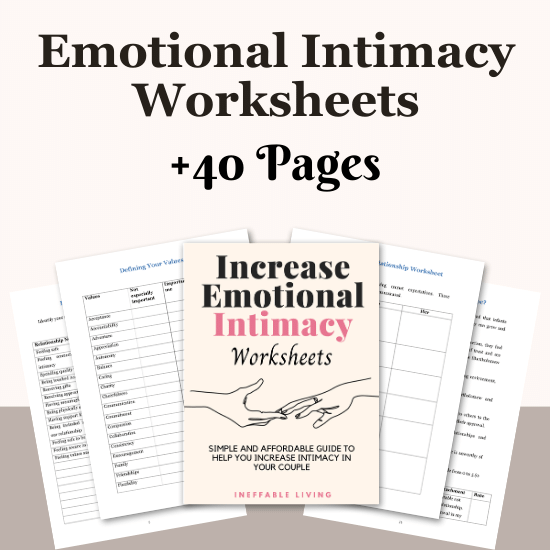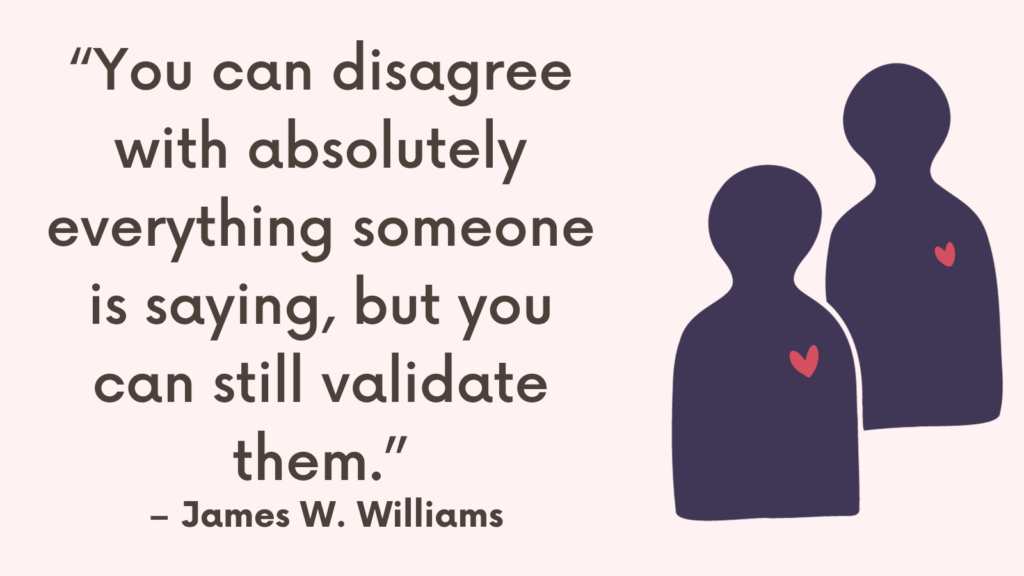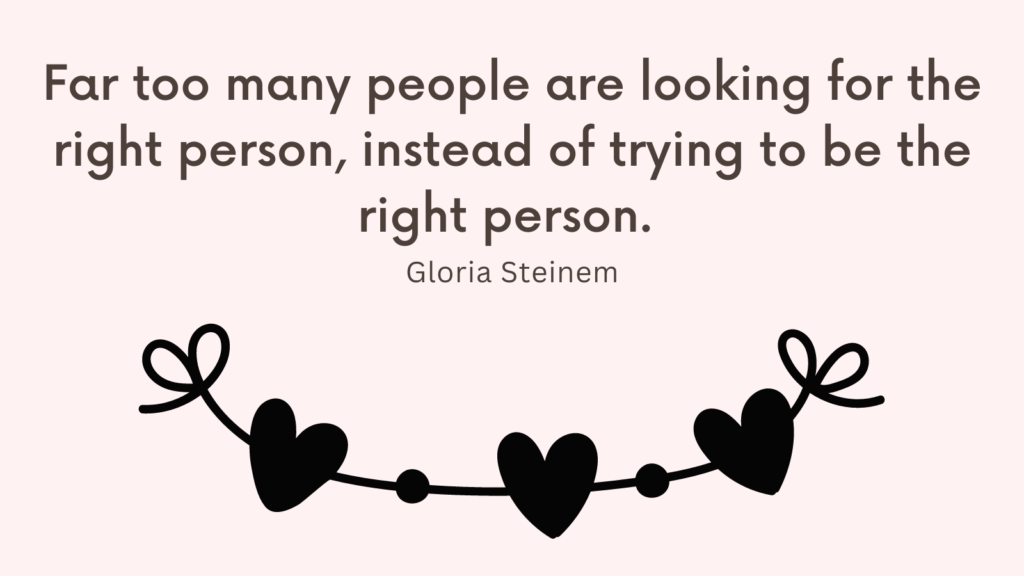In this post, you’re going to learn all about relationship expectations.
Unrealistic Relationship Expectations
Identifying and addressing unrealistic relationship expectations is an essential step in fostering healthy and fulfilling connections.
Here are several examples of unrealistic relationship expectations and their potential consequences:
1. Expecting Perfection:
Unrealistic expectations often stem from a desire for perfection within the relationship.
This may manifest as an idealization of the partner, the belief that love should always be effortless, or the expectation that conflicts and challenges should not arise.
These expectations can lead to disappointment and disillusionment when the reality of human imperfection becomes evident in the relationship.
2. Believing Love Will Solve All Problems:
Some individuals hold the belief that love alone can overcome any obstacle or personality difference.
This unrealistic expectation can lead to neglecting the importance of effective communication, active problem-solving, and personal growth within the relationship, ultimately hindering the resolution of conflicts and challenges.
3. Expecting Constant Happiness:
Unrealistic expectations may include the belief that a healthy relationship should always evoke feelings of joy, contentment, and excitement.
This perspective disregards the natural ebb and flow of emotions within a partnership and can lead to a sense of failure or inadequacy when periods of stress, sadness, or routine emerge within the relationship.
Related: Best 40 Journal Prompts For Toxic Relationships
4. Relying Solely on the Partner for Fulfillment:
Some individuals enter relationships with the unrealistic expectation that their partner should be the sole source of validation, happiness, and fulfillment.
This places undue pressure on the partner and can lead to feelings of suffocation, inadequacy, and codependency within the relationship.
5. Assuming Mind-Reading Abilities:
Unrealistic expectations sometimes involve assuming that a partner should intuitively understand one’s needs, desires, and emotional state without explicit communication.
This can lead to unmet needs, misunderstandings, and resentment when partners fail to meet these unspoken expectations.
6. Ignoring Personal Growth and Autonomy:
Unrealistic relationship expectations may involve the belief that a partnership should consume all aspects of one’s life, leading to the neglect of individual hobbies, friendships, and personal growth.
This can result in feelings of suffocation, loss of identity, and resentment over perceived restrictions to personal autonomy.
7. Idealizing Romance Based on Media Portrayals:
Unrealistic expectations about romance and intimacy may stem from idealized depictions in media, leading individuals to compare their relationship to unrealistic standards.
This can result in dissatisfaction, feelings of inadequacy, and a lack of appreciation for the unique strengths of one’s own relationship.
Related: Finding Peace After A Toxic Relationship In 5 Steps
Realistic Relationship Expectations
The cultivation of realistic expectations within relationships serves as a guiding framework for navigating the complexities, joys, and challenges that inevitably arise when individuals come together in intimate partnerships.
Here are several key components of realistic relationship expectations:
1. Open Communication and Vulnerability:
Realistic relationship expectations encompass the recognition that open communication and vulnerability are essential for the growth and sustenance of a meaningful connection.
Partners should acknowledge that effective communication involves active listening, non-judgmental expression, and the willingness to share thoughts, feelings, and needs openly.
2. Emotional Support and Understanding:
It is essential for individuals to enter into relationships with the understanding that fostering emotional support and empathy is integral to the partnership.
Realistic expectations involve recognizing that both partners will experience moments of vulnerability, and providing mutual support and understanding during these times is fundamental.
3. Individual Growth and Autonomy:
Realistic relationship expectations acknowledge the importance of individual growth and autonomy within the context of a partnership.
Partners should support each other’s personal development, respect each other’s independence, and celebrate the unique qualities and aspirations that each person brings to the relationship.
Related: Top 7 Tips On How To Create A Conscious Relationship Using ACT
4. Conflict Resolution and Compromise:
Healthy relationships are not devoid of conflict, and it is vital for individuals to harbor realistic expectations regarding the inevitability of disagreements and the need for constructive conflict resolution.
Embracing the reality that compromise and negotiation are necessary components of a partnership can mitigate unrealistic ideals about a conflict-free relationship.
5. Intimacy and Connection:
Realistic relationship expectations encompass a balanced understanding of the multifaceted nature of intimacy and connection.
This includes recognizing that physical, emotional, and intellectual intimacy all play vital roles in nurturing a fulfilling relationship, and that expectations around these aspects need to be communicated and negotiated between partners.
6. Shared Values and Goals:
Partners should approach relationships with the acknowledgment that shared values, goals, and priorities provide a foundation for mutual understanding and alignment.
Realistic expectations involve recognizing that differences may exist but being committed to finding common ground and working towards shared aspirations.
7. Respecting Boundaries and Differences:
Individuals should enter into relationships with the awareness that respecting boundaries and accommodating differences is essential for fostering a healthy and respectful partnership.
Realistic relationship expectations embrace the understanding that each partner is entitled to their unique boundaries, beliefs, and perspectives.
Related: Am I Ready To Be In A Relationship Quiz (+Best Dating Tips For Women)

Conclusion
By cultivating realistic relationship expectations, individuals can foster resilient and fulfilling partnerships that are grounded in authenticity, respect, and mutual understanding.



